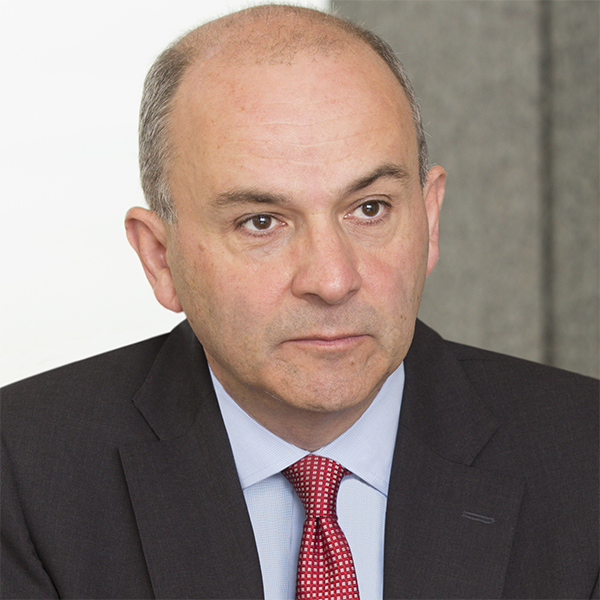Monetary Policy
The European Central Bank raised its three policy interest rates by 50 basis points (bps) on July 21, the first hikes since 2011. Ahead of its June 9 meeting, the central bank had signaled a rate increase of 25 bps, but decided instead to accelerate its monetary tightening and push its nominal deposit rate up to 0%. In its July statement, the bank said it would continue to raise interest rates in coming meetings as it “normalizes” policy.
Below is a brief quick-take analysis from economist Robert Lind on the ECB’s decision to raise interest rates for the first time in more than a decade.
- The ECB is eager to push its policy interest rates closer to a neutral level. It hasn’t defined “neutral,” but I think it means a nominal deposit rate of at least 1%–1.5%. In taking a bigger first step, the bank has effectively dropped its forward guidance and will now make decisions on rates meeting by meeting. It will be more data-dependent.
- While the central bank will be keen to tighten policy further in coming months, it faces an acute policy dilemma. Higher energy prices — especially for natural gas and electricity — are likely to push headline inflation rates up further over the next three to six months.
- Fears over further possible restrictions to Russian gas supply — particularly to Germany and Italy — are weighing on economic growth. Soaring energy prices and heightened uncertainty are already depressing industrial activity.
- If Russian gas is cut off, inflation will likely go even higher, which would indicate, in my view, that the ECB ought to keep tightening monetary policy. It might sound economically unwise to raise rates when an economy is experiencing recessionary pressures, but I think not doing so could create significant strains within the eurozone and within the central bank.
- Early in 2023, we are likely to see more evidence of the damage to real activity from gas supply disruption and higher energy prices. Also, inflation could have peaked by then, encouraging the ECB to halt its tightening cycle.
- Alongside its rate decisions, the ECB announced a new asset purchasing program, the Transmission Protection Instrument (TPI), which it will use to manage spreads between government bond yields of European countries. The ECB statement also suggested that unanimous agreement on the TPI and the fact that flexible reinvestments are now available through the existing pandemic emergency purchase program (PEPP) had allowed a bigger move in policy interest rates.
- There are no ex-ante limits on the TPI, but the central bank will use its discretion to judge if a country meets four conditions before activating the TPI: a country must comply with the European Union’s fiscal framework, it must be on a sustainable fiscal path, there must be an absence of severe macroeconomic imbalances, and it should be following sound and sustainable macro policies.
- The ECB must also judge whether the activation of the TPI is proportionate to its inflation goal (to ensure it complies with the Maastricht Treaty and to prevent any challenge from the German constitutional court). It is clear the central bank hopes the announcement will ease market strains (particularly for Italian government bonds) and that it won’t have to deploy the TPI, which would potentially drag it into treacherous fiscal-political waters.
Stay informed with our latest insights.
Our latest insights
-
-
-
Interest Rates
-
Municipal Bonds
-
Artificial Intelligence
RELATED INSIGHTS
Don’t miss out
Get the Capital Ideas newsletter in your inbox every other week
 Robert Lind
Robert Lind